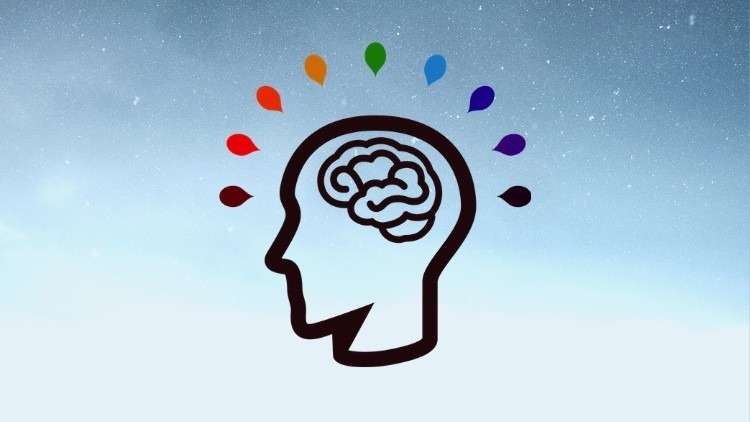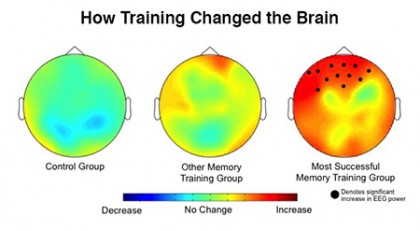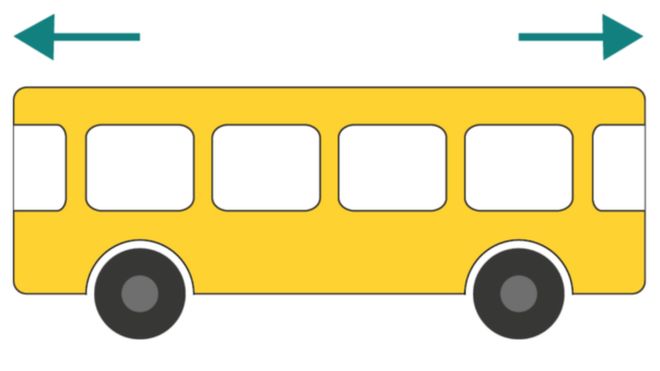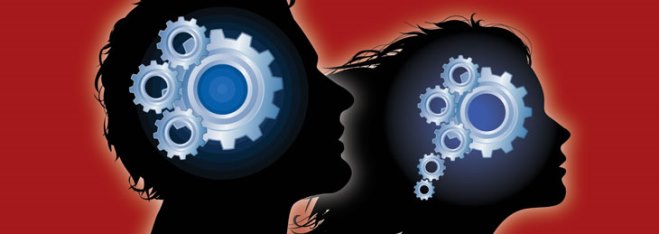Posts Tagged ‘Brain-exercises’
Given cognitive strengths and needs are diverse, what brain training may work best for each person and under which conditions?
Does ‘Brain Training’ Actually Work? (Scientific American): If there were an app on your phone that could improve your memory, would you try it? Who wouldn’t want a better memory? After all, our recollections are fragile and can be impaired by diseases, injuries, mental health conditions and, most acutely for all of us, aging.
Read MoreLarge UC study to investigate when and how brain training transfers (or does not) to broader cognitive and health benefits
Nationwide project seeks to understand how brain exercises produce cognitive benefits (UC press release): How does memory training lead to cognitive benefits? Aaron Seitz, director of the Brain Game Center for mental fitness and well-being at the University of California, Riverside, has wrestled with this question for several years. Now he and Susanne Jaeggi, an associate professor…
Read MoreJohns Hopkins study shows how brain training, if correctly targeted, can enhance cognitive and brain performance
_________________________________________________________________ This training exercise boosts brain power, Johns Hopkins researchers say (Johns Hopkins release) “One of the two brain-training methods most scientists use in research is significantly better in improving memory and attention, Johns Hopkins University researchers found. It also results in more significant changes in brain activity.
Read MoreChallenge your mind with this logic brain teaser: Which direction is the bus going?
_______________ Can you see the bus above? Assuming it is moving forward, in which direction do you think it’s traveling, right or left? Please try answering on your own before checking below…
Read MoreMental rotation exercise to challenge your brain’s parietal lobe
Mental rotation refers to moving things around in your mind. It is one of the main visuospatial skills we all have…in different degrees, yes. Here’s an example. Please picture in your mind an arrow pointing to the right. Now, turn this arrow so it points to the left. Done? You have just performed a mental rotation.
Read MoreWhy financial analysts should grab a paint brush and a canvas (and artists do more math)
Which Brain Exercises Improve Memory Best? (Reader’s Digest): “The exercises you do to keep your mind sharp may not be enough to improve memory over time, but new research from the book The SharpBrains Guide to Brain Fitness reveals better ways to boost your brain health…If you can breeze through the Sunday puzzle, you are…
Read More





